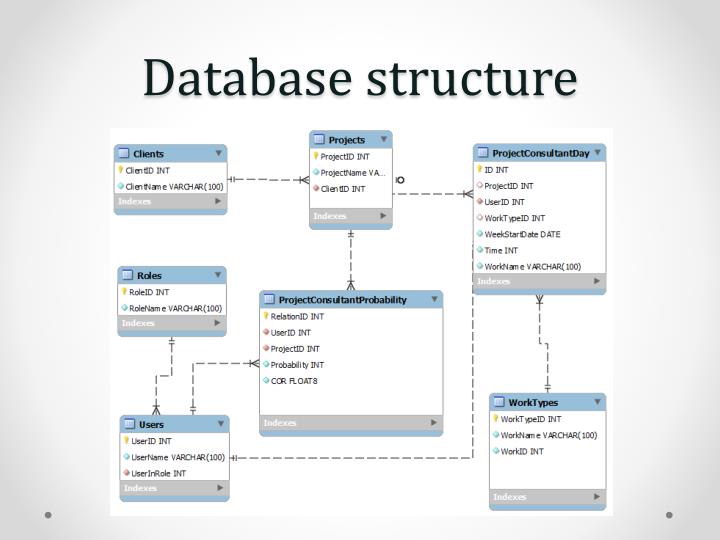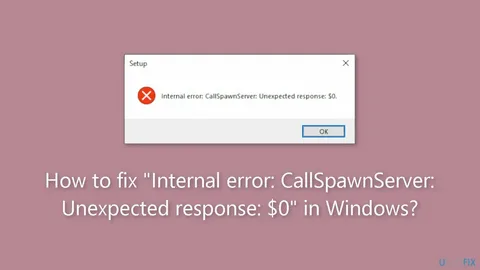Is Joi Database the data validation tool for IT experts?
In the dynamic realm of web development, a powerful and versatile JavaScript library has emerged as a tool for data validation in applications. This article explores the Joi Database‘s capabilities, benefits, and implementation, spreading light on how it empowers developers to streamline the validation process.
Understanding Joi Database
Joi is a validation library for JavaScript that simplifies the process of validating and sanitizing data within applications. It provides an elegant and declarative syntax, making it a popular choice for developers working with JavaScript environments.
Key Features
Joi offers a range of features, including data validation, schema definition, and custom error messages. Its flexibility allows developers to define complex rules for data validation, ensuring that input adheres to specified criteria.
Benefits of Joi Database
1- Joi seamlessly integrates with various frameworks and libraries, making it versatile for use in different environments. Joi is easily adaptable whether you’re building a web application with Express.js or utilizing it in a Node.js project.
2 – One of Joi’s strengths is its declarative syntax, allowing developers to express validation rules clearly and concisely. This readability enhances collaboration among team members and simplifies the maintenance of codebases.
3 – Joi facilitates the creation of well-defined schemas for data objects. This schema-centric approach aids in maintaining consistency across the application, reducing the chances of data-related issues.
Implementing Joi Database
Installation and Setup
Getting started with Joi is straightforward. Developers can install the library using npm and then require it in their project. Once integrated, Joi’s methods can be utilized to define and validate data schemas.
Defining Validation Rules
Joi allows developers to specify validation rules for different data types, including strings, numbers, arrays, and objects. Custom rules and constraints can also be defined, tailoring the validation process to specific application requirements.
Handling Errors
Joi simplifies error handling by providing detailed error messages when validation fails. This aids in debugging and ensures that developers can quickly identify and rectify issues in the data, which is a significant support for users.
Form Validation
Joi is commonly used in web forms to validate user input, ensuring that the submitted data meets the required criteria.
Q1: Joi, and why is it used in web development?
A1: Joi is a JavaScript library designed for data validation in web development. It is widely used to ensure the accuracy and integrity of data.
Q2: How does Joi contribute to better data integrity in applications?
A2: Joi simplifies the data validation process, ensuring incoming data adheres to specified criteria, reducing the likelihood of errors and enhancing overall data integrity.
Q3: Can Joi be used with different JavaScript frameworks and libraries?
A3: Joi is versatile and can seamlessly integrate with various JavaScript frameworks and libraries. It is commonly used with Node.js, Express.js, and other environments.
Q4: What are the critical features of Joi that make it popular among developers?
A4: Joi offers a range of features, including declarative syntax, schema definition, and easy integration with different frameworks. Its flexibility and readability contribute to its popularity among developers.
Q5: How does Joi handle error messages during the validation process?
A5: Joi provides detailed error messages when validation fails; this enhances the debugging process and ensures a quicker resolution of validation-related issues.
Q6: In what scenarios is Joi commonly used in web development?
A6: Joi is frequently used for form validation in web applications; it validates API payloads, guaranteeing that incoming requests adhere to the expected data format and constraints.
Q7: Is Joi suitable for both simple and complex validation scenarios?
A7: Joi is versatile enough to handle simple and complex validation scenarios. It allows developers to define rules for various data types and create custom validation.
Q8: Can Joi be used for real-time validation in web forms?
A8: Yes, Joi is suitable for real-time validation in web forms, providing immediate feedback to users and ensuring data accuracy.
Q9: Does Joi support validating data types, including arrays and objects?
A9: Yes, Joi supports validating various data types, including strings, numbers, arrays, and objects.
In conclusion, the Joi database is a robust ally for developers seeking an efficient and reliable solution for data validation in their JavaScript projects. With its intuitive syntax, comprehensive features, and ease of integration, Joi contributes to creating more resilient and error-free applications, empowering developers to focus on building exceptional user experiences.






